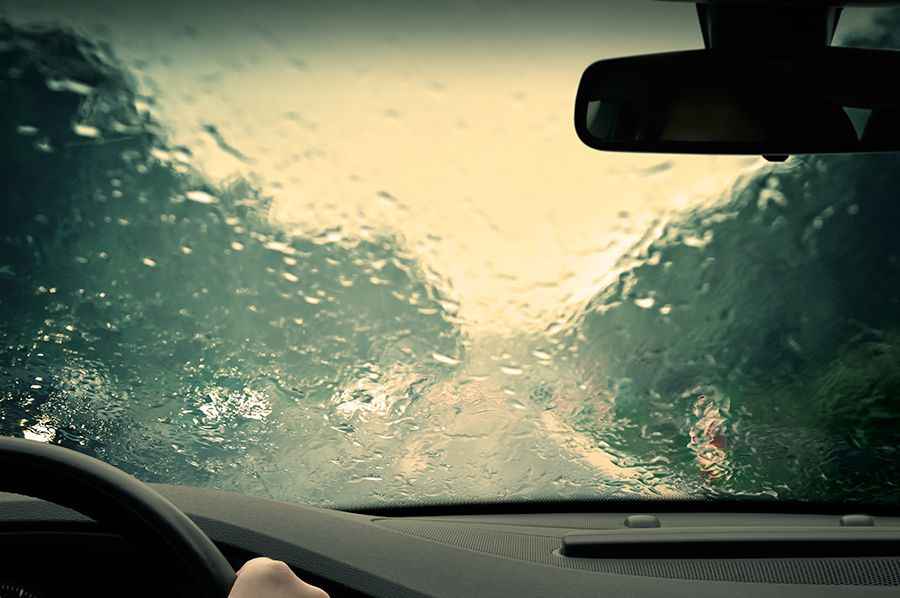How Do Bad Weather Conditions Impact American Roads?
Despite the fact that you might be a careful driver, there are still other elements that you need to be aware of. Highways and roads frequently have warning signs indicating regions where bad weather has a greater impact. These places may include rocky terrain, steep inclines, and slippery slopes. According to statistics, bad weather is a factor in 11% of fatal accidents.

Weather And Roads
Extreme weather conditions directly impact roads. Road surfacing may melt and expand due to the sun's intense heat. During flooding and periods of intense rainfall, roads in need of care may experience the emergence of potholes, fissures, and other surface deformations. In the same way, potholes develop in damaged roads due to freeze-thaw activity during winters.
Weather-Related Car Accidents
Although weather is one factor that can cause car accidents, there are other conditions that can make driving hazardous. These elements consist of:
- Speed
- Kind of pavement
- Temperature
- Reaction time of the driver
Wet Pavement and Rain
Hydroplaning can happen when a driver is going too fast on wet pavement. This occurs when there is excessive water beneath a tyre, which the tyre cannot handle, resulting in the car spinning out of control. When driving in adverse weather, keep your tires in good condition and use safety measures. Wet pavement contributes to more than 5,000 fatalities and about 1.1 million auto accidents yearly. Nearly 80% of all weather-related incidents result from hydroplaning and wet pavement. You can lessen the potential hazard by-
- Being aware of your automobile
- Learning how it handles the rain
- Controlling your speed.
Icy Pavement and Snow
Extreme snowstorms frequently hit several parts of the United States. As a result of the snowstorms-
- Schools are closed and delayed.
- People can't go to work.
- There are fatal car accidents brought on by the icy roadways.
Every year, there are roughly 225,000 car accidents brought on by snowy roads, and about 1,000 people die on highways. Bad road and weather conditions contribute to car accidents and every year, 620 people die as a result. It is crucial that your car has the appropriate tires for the local weather.
If you are especially susceptible to snowstorms, take precautions to-
- Avoid driving in the snow or driving too fast, and
- Wear appropriate clothing.
Tips on Preventing Winter Car Crashes
Many drivers are hurt or killed in winter accidents each year. The risk of accidents and injuries increases in the presence of snow, rain, strong winds, and chilly pavement temperatures.
Winter accidents provide some of the largest risks to drivers, so you should be aware of them and take the appropriate safety measures to protect yourself. Because drivers don't take hazardous conditions seriously, many winter crashes happen.
Examples comprise:
- Drivers that drive too quickly in hazardous weather, particularly if there is snow or ice on the road.
- Distracted drivers who are texting, looking up instructions, or changing the radio station, while driving.
- Drivers who are unable to see out of their windshields because of snow or ice buildup.
- Drivers who disregard the law and unlawfully pass snow plows.
Before you even go on the road, you should start implementing some of the most crucial safety measures. Preventive strategies include:
- Keep an emergency preparedness kit in your car. This needs to have food, water, a flashlight, blankets, and a windshield scraper.
- A robust tread that can withstand icy or snowy conditions should be present on your tyres.
- Make sure your tires are filled appropriately.
- Make sure your brakes are functioning correctly by having them examined.
- Ensure that your car always has at least half a tank of fuel.
- Put non-freezing windshield washer fluid in your car.
As weather changes in frequency and intensity, it has a profound influence on infrastructure and road vehicles. It is necessary for a driver to take the precautions and tune in to the forecast before leaving.
Image credit: Depositphotos